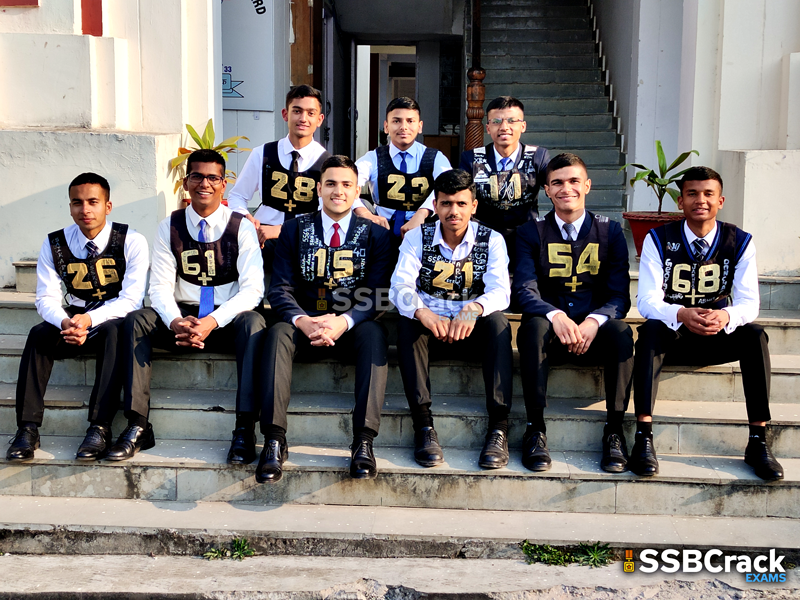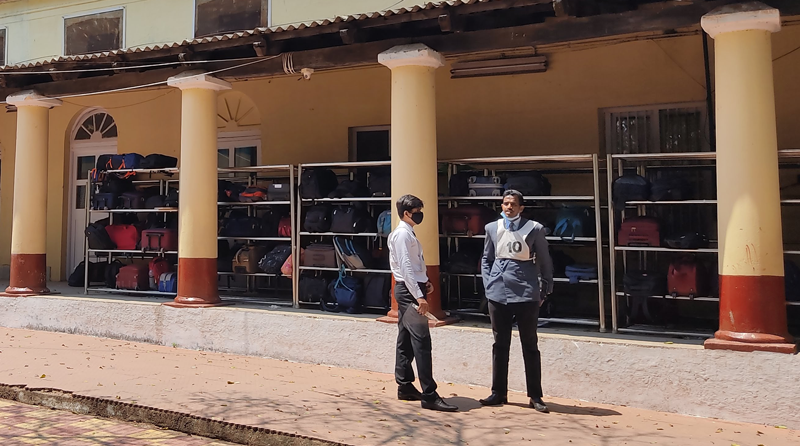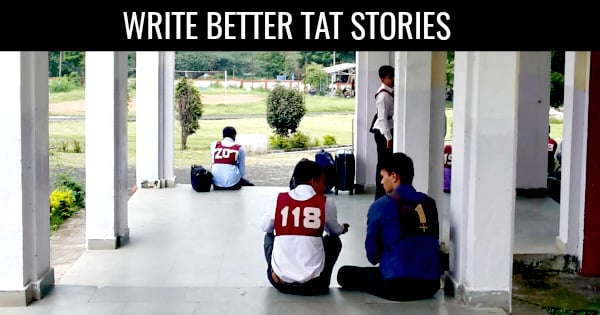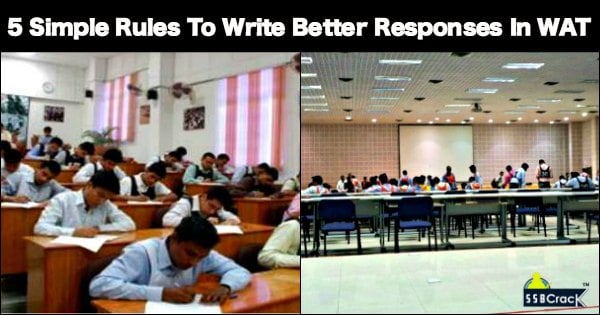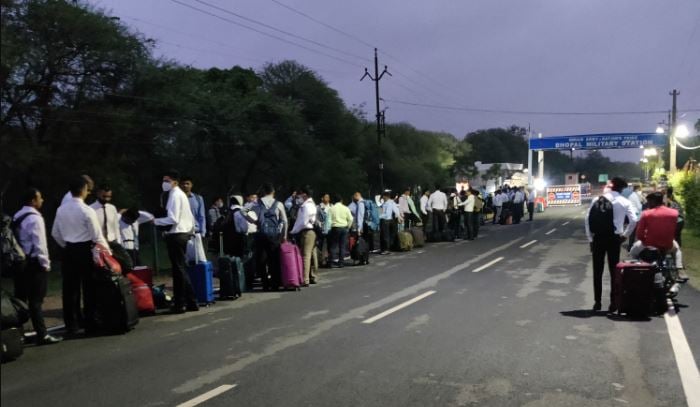The Service Selection Board utilizes a comprehensive approach to assess and validate one’s Officer Like Qualities (OLQs). These qualities are crucial for aspirants looking to join the armed forces in India. To effectively evaluate these traits, the Board employs several psychological tests, including the Thematic Apperception Test (TAT), Word Association Test (WAT), Situational Reaction Test (SRT), and Self Description Test (SDT).
Understanding the significance of OLQs is essential for candidates. The process begins with the aforementioned tests, which are designed to capture an individual’s personality traits, cognitive abilities, and emotional intelligence. Furthermore, the interviewing officer and Group Testing Officer (GTO) play vital roles in reinforcing these assessments, often through direct interactions and situational challenges. Consequently, aspirants must innately incorporate OLQs into their personalities, thereby making them an inherent part of who they are.
Among the tests, WAT is particularly notable for its emphasis on quick thinking and articulation. Participants are given a series of words and are required to formulate sentences that reflect their understanding and perspective surrounding each word. Practicing this test can significantly improve one’s performance, as the ability to construct simple yet impactful sentences can greatly influence the outcome of the evaluation.
Here are some effective tips to enhance your performance in the WAT:
-
Avoid Factual Sentences: Instead of stating factual or simplistic observations, aim for deeper insights. For example, when prompted with the word "wheel," rather than saying, "A wheel is round," you could express, "The invention of the wheel led to a transportation revolution," which adds value to the statement.
-
Positive Framing: When dealing with negative words, connect them with other negative concepts to generate a positive outcome. For instance, for the word "hurt," you could frame it positively by stating, "Animals should not be hurt for the benefit of humans." This approach not only showcases critical thinking but also reflects a positive attitude.
-
Prioritize Positive Words: Focus your practice on positive words. While negative sentences can be mitigated, aspirants often find themselves challenged when faced with positive words.
- Illustrate OLQs: Another essential strategy is to depict the OLQs regarding each word. This will not only help in showcasing your qualities but also enrich your responses during evaluations.
To assist in honing your WAT skills, here’s a list of words to practice with (examples provided should be ignored initially):
- Gap
- Company
- Trapped
- Hold
- Skill
- Strength
- Rape
- Spot
- Moon
- Zero
- Guilty
- Ache
- Battle
- Bath
- Village
- Flood
- Global
- Conflict
- Ban
- Vehicle
Continuing your practice with the below words can also further develop your skills:
- Scene
- Impossible
- Society
- Choose
- Unjust
- Image
- Exam
- Drive
- Internet
- Communication
- Keys
- Murder
- Commit
- Flee
- Practice
- Organize
- Phone
- New
- Agency
- Security
- Since
- Peace
- Fall
- Hit
- Run
- Chase
- Enter
- Industry
- Limit
- Development
- Coach
- Food
- Special
- Biomass
- Release
- Head
- Launch
- Medal
- Play
- Department
- Under
- Curb
- Cooperate
- Hike
- War
- Normal
- Challenge
- Serving
- Bane
- Rapid
- Actress
- Obstacles
- Strict
- Forceful
- Citizens
- Teams
- Anxious
- Knowledge
- Polite
- Integrity
- Serve
- Loyal
- Equality
- Justice
- Gratitude
- Rare
- Heavy
- Rude
- Explanation
- Pilot
- Pirate
- Ship
- Captain
- Camp
- Rights
- Ragging
- Rust
- Patriotism
- Primary
- Performance
- Pity
- Meeting
- Obedience
- Quick
- Quiet
- Quotes
- Question
- Try
- Unity
- Urge
- Friendship
- Close
- Migrate
- Decline
- Fly
- Highest
- Shallow
- Wipe
- Vegetables
- Sale
By consistently practicing with these words and applying the suggested tips, candidates can significantly enhance their ability to express their thoughts effectively and demonstrate their OLQs during assessments by the Service Selection Board. This process will not only prepare them for the tests but will also contribute to their personal growth and self-awareness, essential qualities for anyone aspiring to serve in the armed forces.
